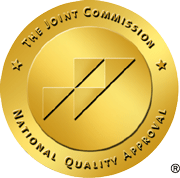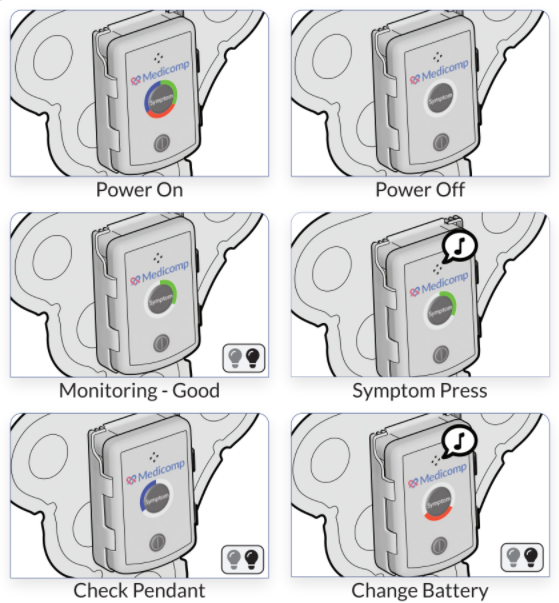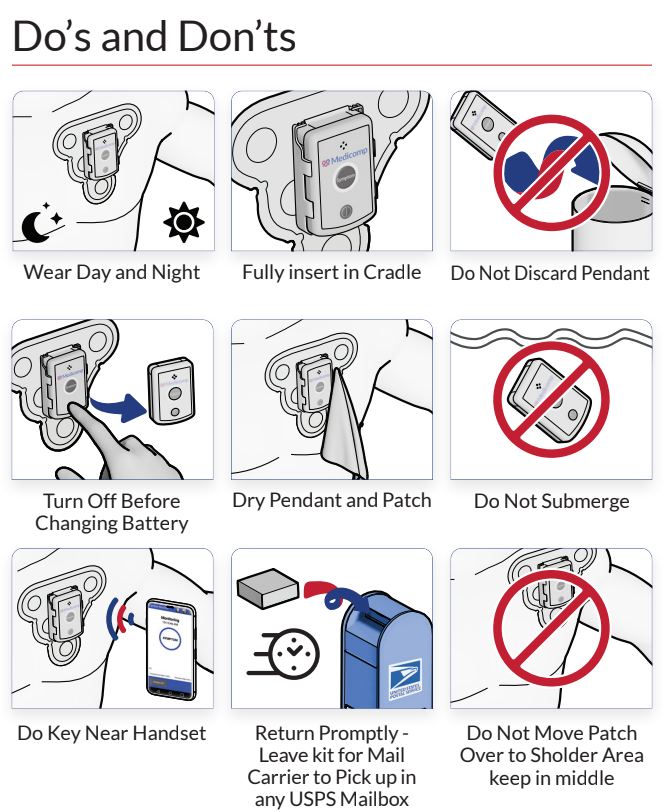Our understanding of how certain foods benefit our bodies has evolved over the years. It is important to identify any old beliefs about proper nutrition and replace them with advice learned from newer studies. Here is a list of out-of-date nutritional advice you need to stop using and what new information you should be promoting instead.
Not All Fats Are Bad
While it was common for doctors to associate fats with obesity, it has since been discovered that not all fats are bad. In fact, Harvard Medical School reveals that monounsaturated fats, like olive oil, avocados, and sunflower oil, actually help protect you from heart disease. Polyunsaturated fats are also good for you, as they work to improve muscle movement and help the blood to form clots when needed. You’ll find fish, flax seeds, and walnuts are excellent sources of polyunsaturated fats.
A High Protein Diet Will Not Make You Lean
High protein diets have been pushed because they help an individual feel full longer. While the Mayo Clinic reports that there are studies being conducted on the detriment of protein diets paired with carb restriction, the important thing to remind your patients about is how to choose the right proteins. Healthy proteins include: soy protein, fish, nuts, skinless poultry, lean beef, and low-fat dairy products. These quality proteins paired with fiber-rich carbs such as whole grains and vegetables will help prevent nutritional deficits.
All Calories Are Not the Same
Counting calories was a popular diet method, however, not all calories are the same. An individual who drinks a 150 calorie soda will not reap the same benefits as someone who consumes a 150 calorie veggie medley. Healthline points out that the foods we consume have an impact on our body’s biological processes. For example, the organization points out that while glucose can be used by all of the tissues within the body, fructose is only able to be metabolized in the liver. If you eat too much fructose, you’ll start to experience a higher triglyceride level and a resistance to insulin.
Discussing popular nutrition myths and their truths is just one way a physician can help their patients to start on a path of excellent health and wellness. ReactDx’s state-of-the-art Holter Monitoring equipment can also be used to get a better picture of your patient’s heart health status. Visit ReactDx’s News & Updates page for more advice, or give them a call at 800-234-3278.
At ReactDx, we have been advancing diagnostic cardiology since 1981. ReactDx develops, manufactures, and provides service with the most reliable and sophisticated Holter monitoring systems in the world. Since its inception, ReactDx has been at the forefront of the cardiac telemedicine industry – pioneering technology, improving existing technologies and adding new applications.



